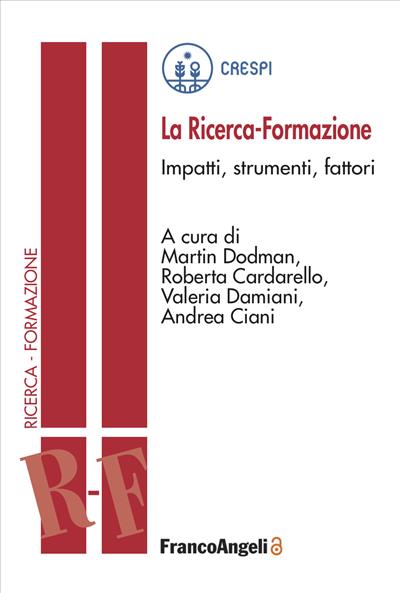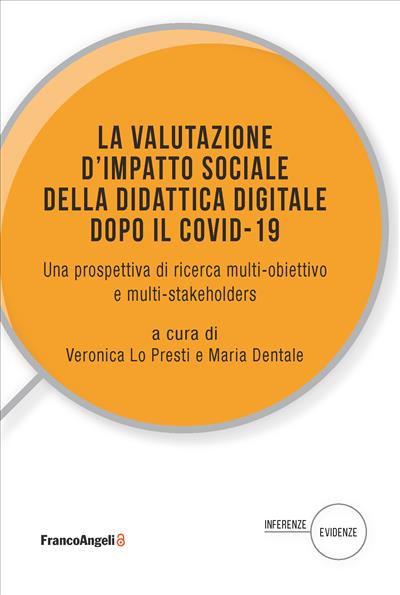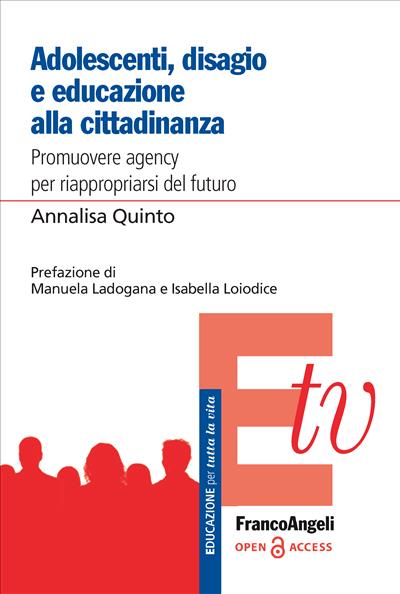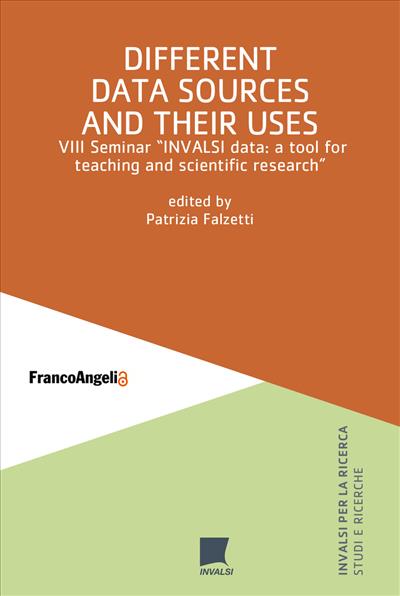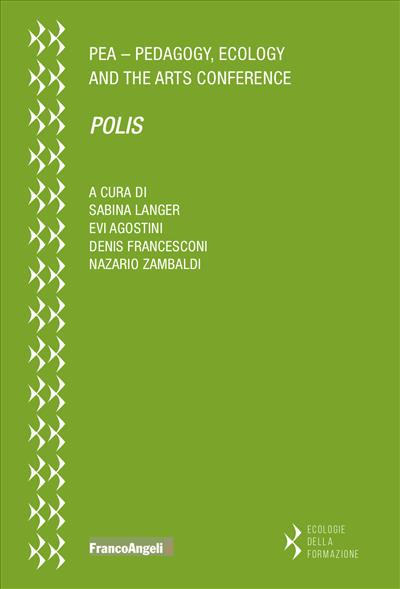
A cura di: Sabina Langer, Evi Agostini, Denis Francesconi, Nazario Zambaldi
Polis
Polis is understood in a very broad sense: living together in a complex world and society where all differences can find a way to coexist, where there is conviviality, good politics and active citizenship, as well as personal and shared responsibility arising from concern for the common good. Ecology and arts based research can provide a framework for individual and collective learning, with the aim of defining and constructing an inclusive and sustainable polis.
Pagine: 280
ISBN: 9788835166825
Edizione:1a edizione 2024
Codice editore: 10359.1
Informazioni sugli open access
